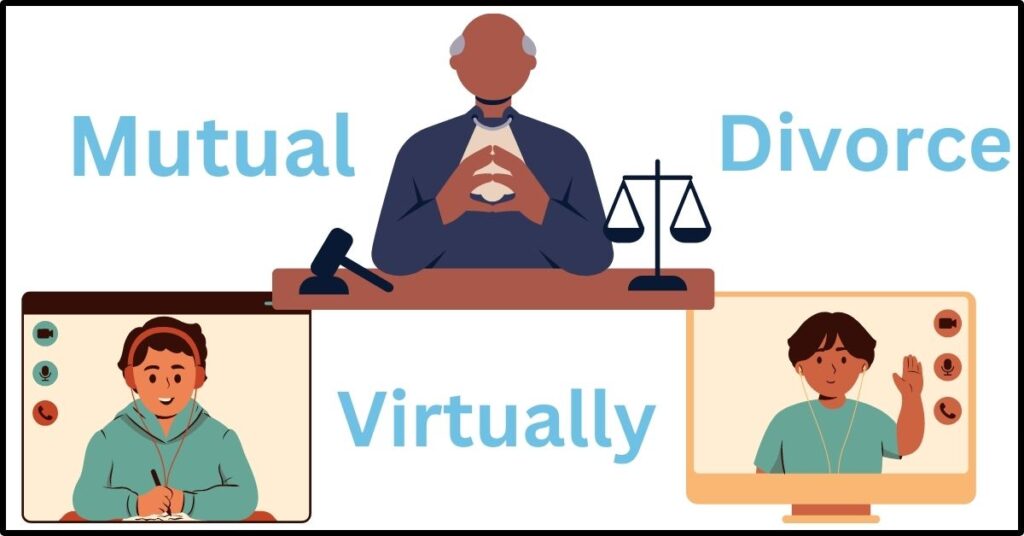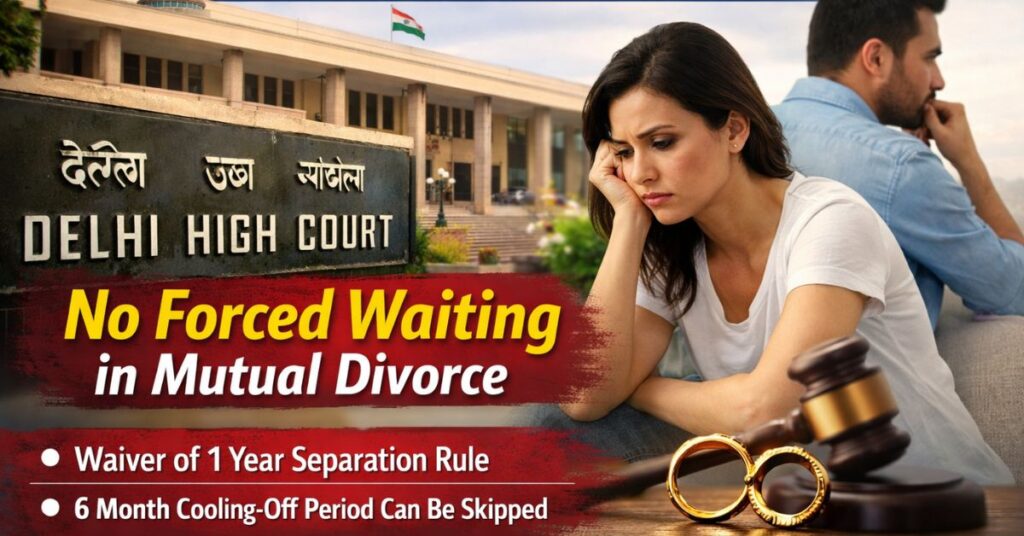Introduction
In a rapidly evolving world driven by technology, the judicial system has witnessed significant advancements to enhance the efficiency and accessibility of court proceedings. One such development is the utilization of video conferencing for conducting hearings. This blog post delves into the case of Sanjay Singh v. Sukhpal Kaur, where the petitioner sought directions from the Delhi High Court to ensure adherence to the orders of the Supreme Court of India and facilitate virtual hearings in mutual divorce cases.
Background of the Case
The petitioners, Sanjay Singh and Sukhpal Kaur, were married in accordance with Hindu rites and ceremonies in Delhi. Currently residing in Portugal, they sought to proceed with their divorce through video conferencing due to their geographical constraints. However, during a previous court hearing, the judge at the Family Court in Rohini, Delhi, declined to record their statements and adjourned the matter, citing the absence of a Special Power of Attorney (SPA) and their physical absence in court.
Legal Precedents and Applicable Guidelines
The learned counsel for the Petitioners, Adv. Prateek Maheshwari, argued that the judge’s decision disregarded the directions of the Supreme Court and the Delhi High Court, as well as the guidelines issued by the Principle Judge, Family Court (Headquarter), Dwarka, Delhi, and the Hon’ble Delhi High Court itself. He cited the case of ‘Amardeep Singh v. Harveen Kaur,’ where the Supreme Court emphasized the use of video conferencing and the representation of parties through close relations in cases where physical presence was not feasible.
Furthermore, the counsel referred to the case of ‘Mukesh More v. Soni Kumari,’ where the Delhi High Court directed the family court to allow verification of documents through video conferencing. Additionally, the court considered ‘Reena Chadha & Anr. v. Govt. Of NCT of Delhi,’ where the importance of embracing technological advancements in the justice system, such as web portals and video conferencing, was highlighted.
The Court's Observations and Decision
In the present case, the court acknowledged the progress made in using technology for court proceedings and emphasized the benefits of video conferencing, such as efficiency and accessibility. It noted that the reluctance of judges to conduct virtual proceedings was contrary to the evolving technological landscape and urged them to align with advancements.
Ruling in favor of the petitioners, the court directed the judge at the Family Court, Rohini, North West Delhi, to follow the prescribed procedure laid down by the Principle Judge, Family Court (Headquarter), Dwarka, Delhi, and other relevant directions issued by the court. The court stressed the need to bridge the gap between physical presence and virtual presence, promoting a more affordable and citizen-friendly justice system.
Conclusion
The case of Sanjay Singh v. Sukhpal Kaur highlights the significance of embracing technology in the justice dispensation system. Virtual hearings through video conferencing offer an opportunity to modernize the legal system, making it more accessible and efficient. The court’s decision to uphold the petitioner’s request for virtual hearings in mutual divorce cases sets a precedent for leveraging technology to ensure access to justice, particularly for individuals residing in different geographical locations. By embracing the power of virtual hearings, the courts can adapt to the changing times and provide a more inclusive and efficient legal framework for litigants around the world.




